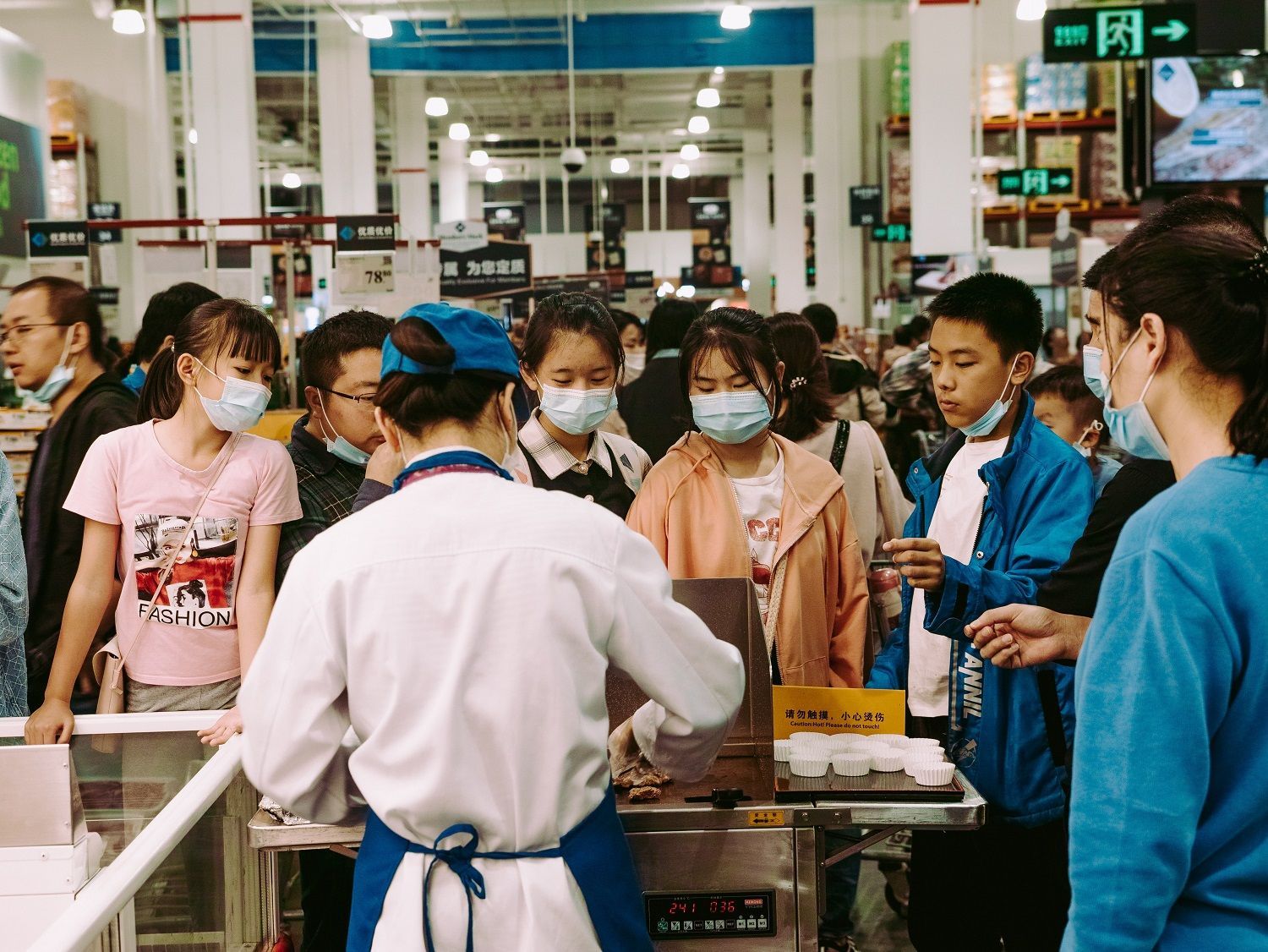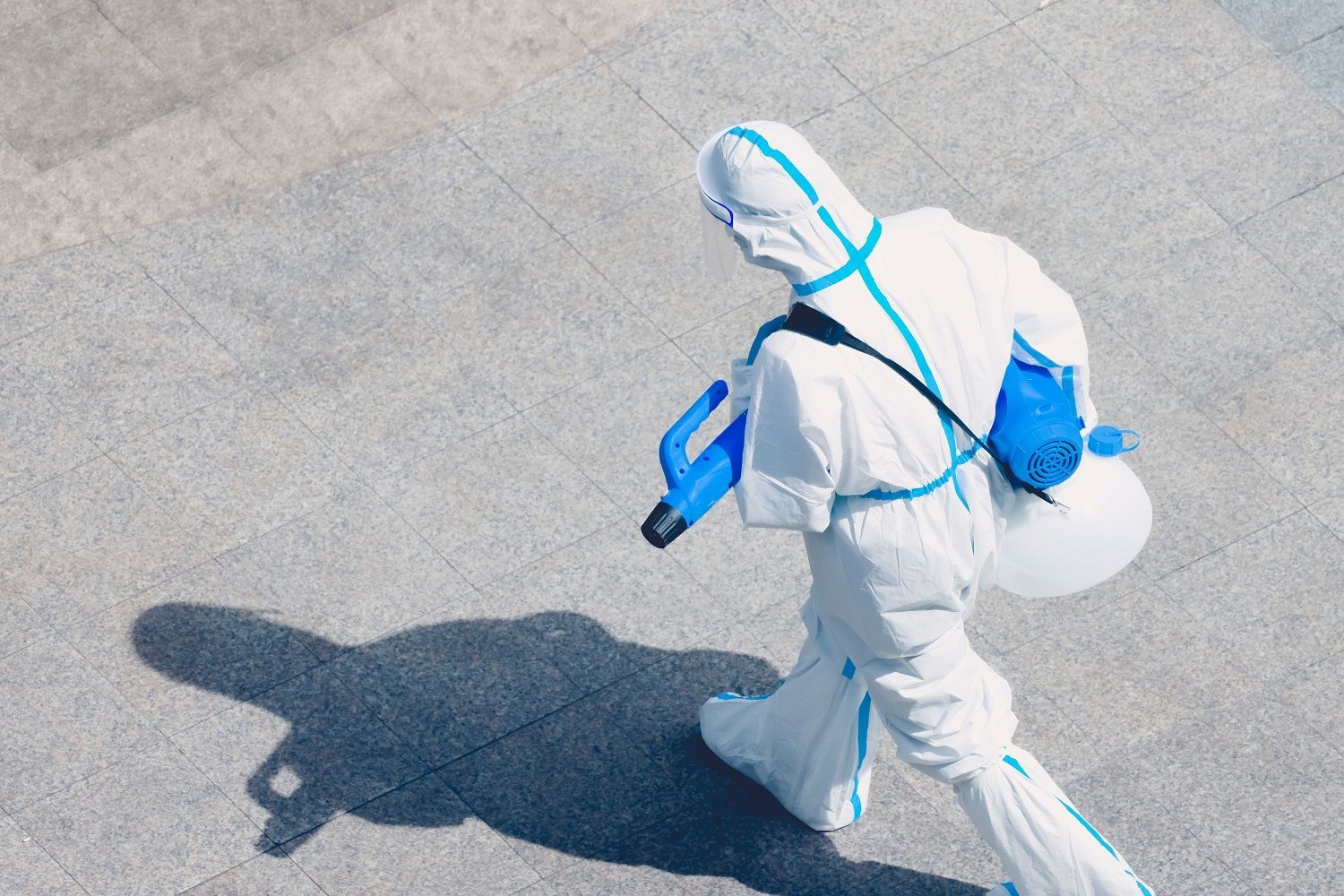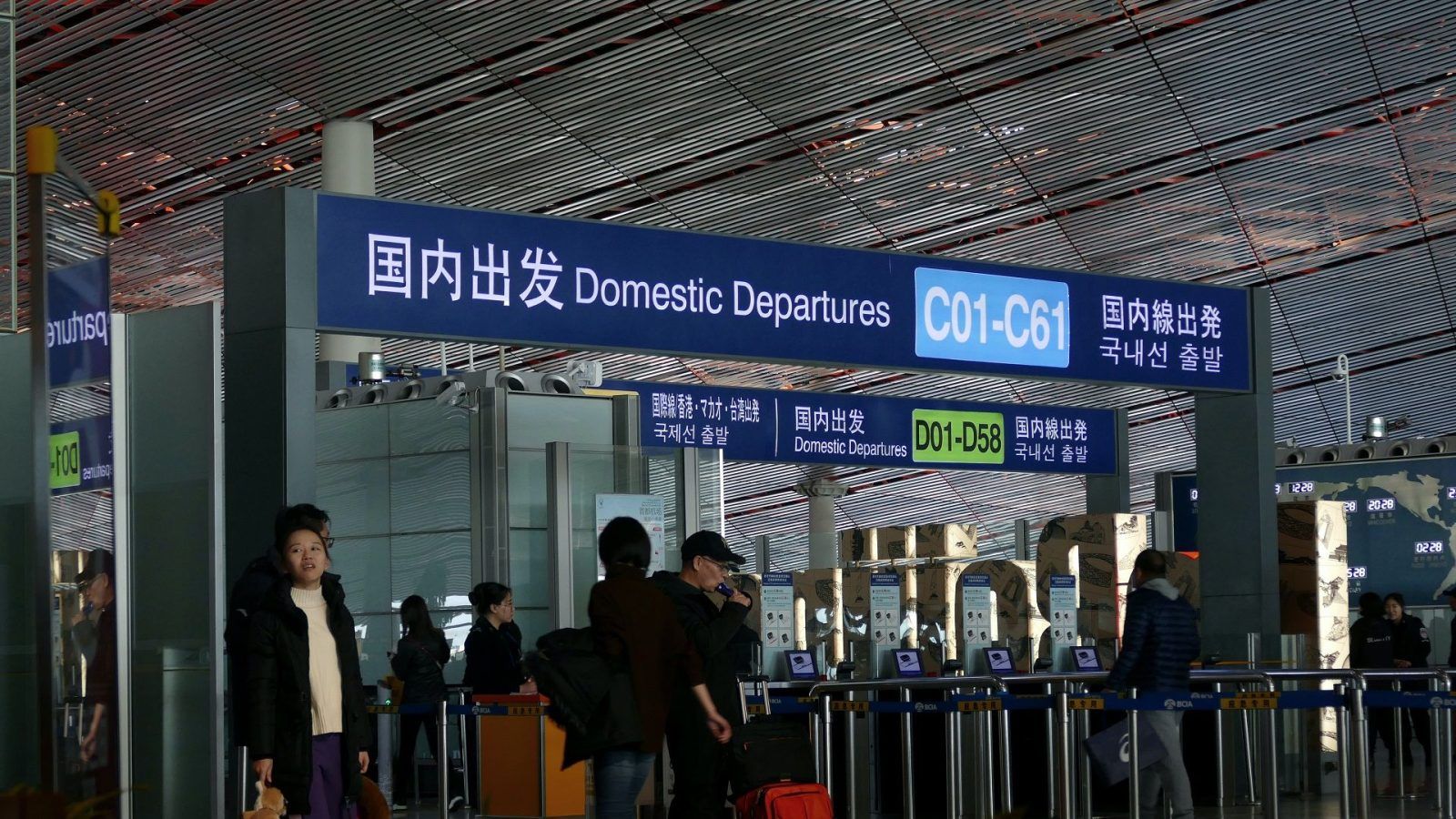Starting 8 January 2023, visitors in China will no longer be required to quarantine as the country reopens its borders marking a significant step towards the loosening of its zero-COVID policy.
The decision was taken late on 26 December 2022 by the National Health Commission (NHA).
According to reports, the NHA said in a statement that the country’s COVID-19 management policy will be lowered from the current Category A to the less strict Category B.
More about new COVID-19 rules in China
Passengers to produce negative test result only

Under the current policy, inbound travellers to China are required to spend five days in mandatory quarantine in a government-supervised facility followed by three days of home isolation.
Once the new border rules are implemented in China, inbound passengers will have to only produce a negative test result obtained within 48 hours of boarding.
As per Nikkei Asia, they will be subject to “routine checkup” at the customs. There won’t be any special restrictions imposed on them if there are no signs of illness and their health declarations are normal.
The NHC also announced that mass PCR testing and centralised quarantine will be ended. Though in-flight masks will remain a requirement, restrictions on the number of international flights will be scrapped. Land and water entry ports will also be gradually reopened.
For outbound travellers, NHC reportedly said that people will be able to go abroad “in an orderly manner.”
More technical changes mark a move towards easing of restrictions

Changes in the management of the coronavirus in China indicate that the country is increasingly moving away from its strict system.
South China Morning Post reports that the NHC stopped announcing daily COVID-19 cases on 25 December and passed on the responsibility to a disease control agency.
Citing a senior hospital administrator in Xiamen, the SCMP reports that the NHC has said that the virus be officially called “novel coronavirus infection” instead of the present “novel coronavirus pneumonia.”
“The name change is subtle but important,” the administrator told SCMP.
Citing sources, the report also says that Hong Kong, whose top officials held a meeting on 25 December, might take the first steps towards the re-opening of the city’s border with the mainland in January.
Economy hit, cases rising
China’s zero-COVID policy, imposed three years ago, has reportedly left its economy battered.
Meanwhile, major protests against the government led by President Xi Jinping broke out across the country in November.
Earlier in December, the government ended most of its domestic restrictions in a move that surprised many. But China is now dealing with its worst coronavirus outbreak.
Reports suggest that hospitals across the mainland are finding it difficult to cope with the massive influx of new infections which has left many dead.
(Main image: zibik/@zibik/Unsplash; Featured image: Kate Trifo/@katetrifo/Unsplash)




